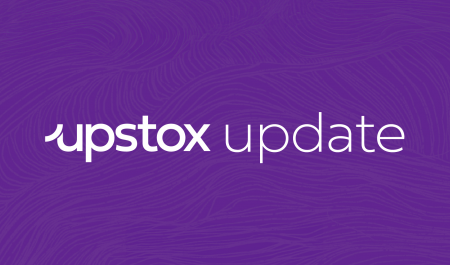Many investors prefer to invest in gold as a hedge against inflation, currency fluctuations, and equity market volatility. However, buying and storing physical gold can be costly, risky, and inconvenient. Therefore, many investors opt for paper or digital forms of gold that offer similar benefits without the hassles of owning physical gold.
The two closest options to buy gold in digital or paper forms are Sovereign Gold Bonds (SGBs) and Gold Exchange Traded Funds (ETFs).
Another option to invest in gold is through Gold Mutual Funds (MFs), which are funds that invest in physical gold, Gold ETFs, or stocks of gold mining companies.
So, in this blog post, we will compare SGBs with Gold ETFs and MFs and see how they differ in terms of features, benefits, and drawbacks.
What are SGBs?
SGBs are government securities denominated in grams of gold. They are issued by the Reserve Bank of India (RBI) on behalf of the Government of India. The bonds are linked to the market price of gold and offer a fixed interest rate of 2.5% per annum on the initial investment. The interest is paid semi-annually and the principal amount is redeemed at maturity after eight years. The bonds can also be traded on the stock exchange after a lock-in period of five years.
What are Gold ETFs?
Gold ETFs are passive funds that invest in gold bullion of 99.5% purity. They are listed and traded on the stock exchange like any other stock. One unit of gold ETF is equivalent to one gram of gold. The price of gold ETFs reflects the market price of gold and changes accordingly. Investors can buy or sell units of gold ETFs through their demat account during the trading hours.
What are Gold MFs?
Gold MFs are open-ended funds that invest in physical gold, Gold ETFs, or stocks of gold mining companies. The fund manager manages the buying and selling of assets based on the fund’s investment objective. The investors can buy or sell units of gold MFs through their mutual fund account.
How do SGBs compare with Gold ETFs and MFs?
The following table summarises some of the key differences between SGBs, Gold ETFs, and MFs:
| Particulars | SGBs | Gold ETFs | Gold MFs |
| What is it? | Government security valued gold | Passive fund that invests in gold bullion | Fund that invests in physical gold, Gold ETFs or stocks of gold mining companies |
| Lock-in | 8 years tenor. Option to exit after 5 years | No lock-in. No exit load | No lock-in period. Exit load on early redemption |
| Expense Ratio | N.A. | 0.5%-0.8% | 0.1%-1.0% |
| Pre-tax annual returns | 9.5% (2.5% interest payout and 7.0%* gold appreciation) | 7.8% (Average 10-yr CAGR of top rated gold ETFs) | 7.7% (Average 10-yr CAGR of top rated gold funds) |
| Taxes | Interest taxed at slab rate No capital gains tax on maturity No GST No STT |
As per income tax slab rate STT applicable | As per income tax slab rate |
*Assuming a 10-year average annualised return of 7% for physical gold.
Why choose SGBs over Gold ETFs and MFs?
SGBs offer some advantages over Gold ETFs and MFs that make them an attractive option for investing in gold. Some of these advantages are:
- Higher returns: SGBs offer a fixed interest rate of 2.5% per annum on the initial investment. This is over and above the capital appreciation linked to the market price of gold. This makes SGBs more lucrative than Gold ETFs and MFs, which only offer capital appreciation.
- Tax benefits: SGBs offer tax benefits that are not available in Gold ETFs and MFs. The interest income from SGBs is taxable at the slab rate, but the capital gains on maturity are tax-free. There is also no GST or STT applicable on SGBs, unlike Gold ETFs and MFs.
- Sovereign guarantee: SGBs are issued by the RBI on behalf of the Government of India, which makes them a safe and secure investment option.
Conclusion
SGBs have the potential of offering relatively better returns, tax benefits, and sovereign guarantee. However, SGBs also have some drawbacks such as low liquidity, lock-in period, and limited availability.
Therefore, investors should consider their risk appetite, investment horizon, and financial goals before choosing between SGBs, gold ETFs and gold MFs.



